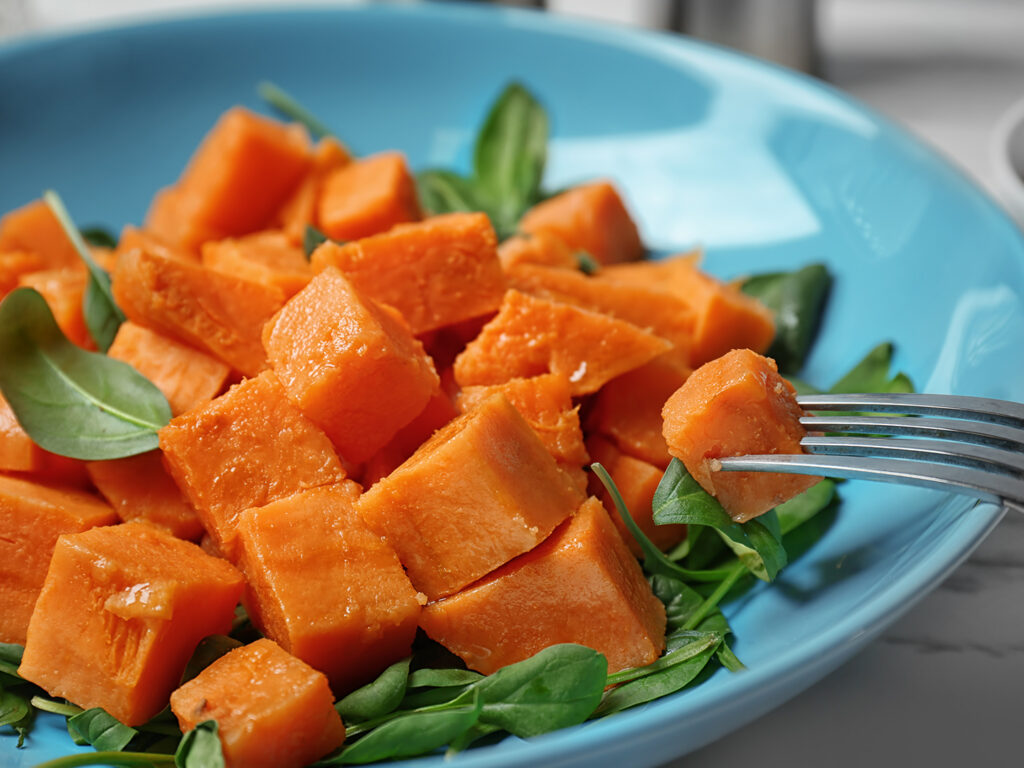Every being is a constitution that is formed by the subtle qualities of Vata, Pitta and Kapha. The balance in these creates a healthy body. Out of these, Vata is considered to be the king of all doshas. This is because vata controls all activities in the body. Vata dosha governs flow and motion in the body. A distressed Vata state can trigger disease on its own. It can also control and transport the other two doshas as it is the leader of all three doshas. Without vata, pitta and kapha are said to be inert.
Balancing Vata could solve the majority of problems in the body. Imbalance in vata could create restlessness, anxiety, fatigue, dizziness, sleeplessness etc. Vata is adversely affected by cold conditions. To help balance it, warm and cooked food should be included in your vata recipes. To keep Vata in balance, favour the sweet, sour and salty tastes and avoid bitter, pungent and astringent foods. Let’s get to know some amazing and easy recipes to pacify Vata.
Golden Milk
All dairy products are in favour when it comes to pacifying Vata. The only requirement is that it should be warm. Golden milk is a recipe that could pacify Vata when consumed warm.
Ingredients :
- 2 cup Fresh milk
- 2 tablespoon Turmeric powder, or a 2-inch coin of fresh Turmeric root, peeled
- A dusting of fresh cracked Pepper
- A small pinch of ground Cardamom
Directions :
Boil the milk and reduce to simmer. Add black pepper, and cardamom into it. Whisk the milk gently while bringing to a gentle boil. Serve and drink warm. Turmeric boosts immunity, and warm milk is best to retain body temperature. Spices like Cardamom and pepper will help to stay warm all day.
Saffron Oatmeal
Even though oats are glutinous, they are widely used to pacify Vata. Oats are ideal for breakfasts as it digests easily. Saffron is good at pacifying Vata and Kapha with its herbal properties.
Ingredients :
- 1 cup almond / cashew milk
- ½ cup organic oats
- 1 tbsp of ghee or coconut oil
- Pinch of saffron
- Pinch of cinnamon
- ½ cup chopped nuts
- Honey
Directions :
In a small saucepan mix milk and oats. Place it on the medium flame and bring to boil. Add saffron, cinnamon, chopped nuts and ghee/coconut oil. Cook for two more minutes or until the oats is thoroughly cooked. Remove from heat. Add honey if desired. Serve it warm.
Mixed Veggie Salad
Cooked vegetables are good for pacifying Vata. They are easily digestible, especially root vegetables. The fibre content in vegetables provides stability to vata.
Ingredients :
- Sweet potato
- Carrot
- Coconut
- Salt to taste
- Oil
Directions :
Steam or boil the sweet potato. Blanch the carrots. Mix these vegetables and add some grated coconut to it. Add salt to taste. Drizzle some oil over the mixture, toss and serve. Other vegetables such as beets, cabbage, cauliflower, cucumber, green beans, lettuce, mustard greens, okra, peas, potatoes, sweet pumpkin, radish, spinach, berries, cherries, fresh dates and figs can also be used to make this salad.
Include these three recipes in your diet to balance Vata. Adding cooked vegetables in your diet will aid in balancing doshas. Consumption of nuts, dairy products, grains and fruits can also bring balance in Vata. Try these recipes at home and live healthier.







